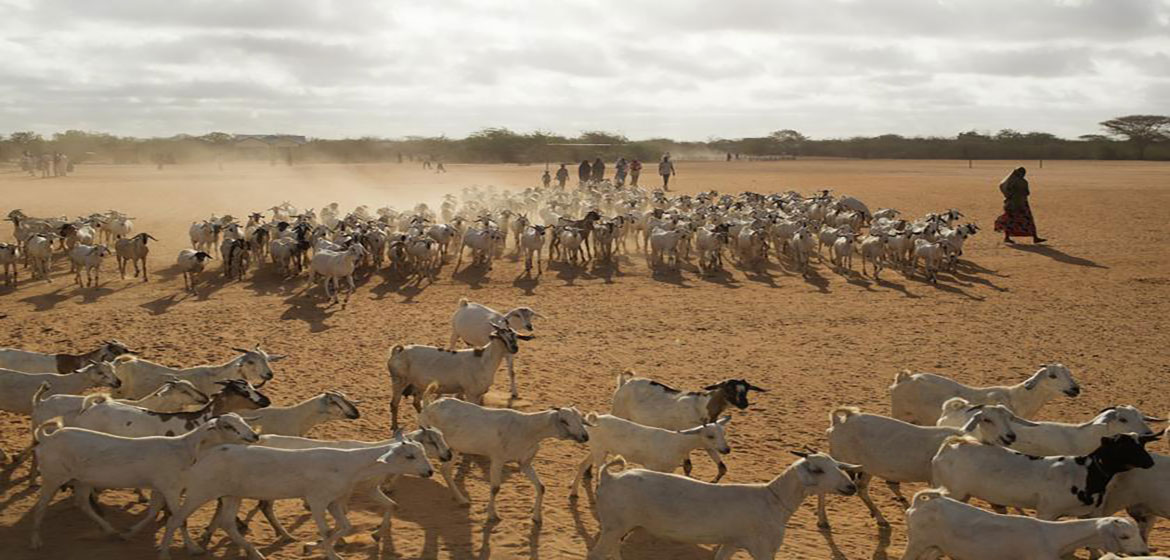Nomadic herders across Africa can work in tandem with farmers and produce sustainable food without damaging the land or harming the planet, experts and pastoralists said yesterday.
Pastoralists manage their land in a way that keeps carbon in the soil instead of releasing it into the atmosphere as climate-changing emissions ― contrary to the belief of many governments around the world ― according to a top United Nations official.
Many countries discourage herders ― from forbidding them to graze in certain areas to granting pastoral land to businesses and mistakenly believe they hurt the environment as they roam to find pasture for their animals, said Victoria Tauli-Corpuz, the UN Special Rapporteur on the Rights of Indigenous Peoples.
“Some countries consider herders as criminals because they cross boundaries and protected areas,” she said at a food festival in Turin, Italy, hosted by non-profit Slow Food. “But these are the traditional herder areas since time immemorial.”
“The meat and products the pastoralists produce and care for are organic... And they move when the land they use is reaching its limit so that’s a sustainable practice,” she told the Thomson Reuters Foundation at the biennial food festival.
Clashes between herders and farmers are intensifying and growing deadlier in nations like Mali and Nigeria as climate change, bringing extreme weather, droughts and desertification, along with a population boom, has increased conflict over land.
At least a quarter of Africa’s population ― about 268 million ― are pastoralists living on about 43 per cent of the continent’s land mass, the African Union estimated in 2013.
In Cameroon, herders have managed to ease tensions and keep the land healthy, said Musa Usman Ndamba from the Mbororo tribe.
The “alliance farming” model allows pastoralists and farmers in 20 communities in Cameroon’s northwest region to share the same piece of land, said Ndamba, the vice-president of MBOSCUDA ― a group working to protect the rights of Mbororo herders.
Herders use the land in the dry season, with cattle droppings fertilising the soil, while farmers cultivate the same land during rainy season, he said.
Farmers increase their yields of organic produce, and come dry season, herders’ cattle eat the remaining crops, making the animals healthier, he told the Thomson Reuters Foundation.
“It is like a win-win situation,” he said, but warned that pastoralists face the threat of losing their ancestral lands.
“We are constantly being disposed of our land by national or foreign investors,” he added.
“When we attempt to resist, we are criminalised. ― Thomson Reuters Foundation
Source:
Related to SDG 15: Life on land, SDG 16: Peace, justice and strong institutions



